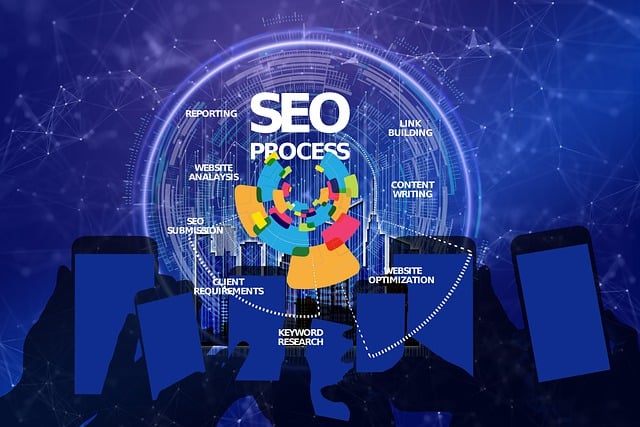The future of search is driven by AI-powered search, which leverages machine learning, natural language processing (NLP), and data analysis for lightning-fast, personalized results. Unlike traditional keyword matching, it understands user intent and predicts future queries. This technology enhances user experiences with relevant content, provides businesses with customer insights, improves content organization, and enables data-driven strategies for increased engagement. AI search transforms information access by comprehending context, processing vast data swiftly, and offering intuitive query communication through NLP. While implementing AI-driven search offers significant advantages, challenges include data quality, bias, privacy, security, and technical complexity.
In today’s digital landscape, search intelligence is no longer a luxury but an imperative. As businesses seek to unlock vast stores of data, AI-powered search emerges as a game-changer, revolutionizing how we interact with information. This article delves into the transformative potential of AI in search intelligence, exploring its benefits and challenges. From enhancing user experiences to streamlining operations, AI-driven search promises to reshape how we navigate knowledge—but it’s not without its complexities.
- Unlocking the Power of AI-Powered Search
- How AI Transforms Search Intelligence
- Benefits and Challenges in AI-Driven Search Implementation
Unlocking the Power of AI-Powered Search

The future of search has arrived, and it’s driven by artificial intelligence (AI). AI-powered search is transforming how we interact with information, offering unprecedented capabilities to both users and content providers. By leveraging machine learning algorithms, natural language processing, and vast data analysis, these systems can deliver highly personalized and accurate results at lightning speed.
This innovative technology goes beyond simple keyword matching. It understands user intent, contextual nuances, and even predicts future queries based on trends and patterns. As a result, AI-powered search enhances user experiences by providing relevant, timely, and tailored information. For businesses, it opens doors to deeper customer insights, improved content organization, and increased engagement through intelligent, data-driven strategies.
How AI Transforms Search Intelligence

The advent of artificial intelligence (AI) has catalyzed a paradigm shift in search intelligence, transforming the way we interact with information and knowledge. AI-powered search transcends traditional methods by leveraging sophisticated algorithms and machine learning models to understand user intent more accurately. This evolution enables search engines to deliver hyper-relevant results, tailoring each query to individual preferences and contextual nuances.
By processing vast amounts of data in real time, AI-driven search platforms can anticipate future trends, adapt to dynamic information landscapes, and provide insights that were previously inaccessible. Moreover, these systems employ natural language processing (NLP) to interpret complex queries, enabling users to ask questions as they naturally would, fostering a more intuitive and human-centric experience. This integration of AI promises to revolutionize not just how we find information but also the very essence of knowledge discovery in our increasingly digital world.
Benefits and Challenges in AI-Driven Search Implementation

Implementing AI-driven search brings a myriad of benefits, revolutionizing the way users access information. It enhances traditional search capabilities by understanding user intent, contextualizing queries, and providing personalized results. This technology can significantly improve efficiency, especially in large datasets or complex knowledge graphs, where it aids in quickly locating relevant data points. Moreover, AI algorithms can learn from user interactions, continually refining search accuracy and relevance over time.
However, challenges emerge when adopting AI-powered search. Data quality and bias are significant concerns; inaccurate or biased training data may lead to unreliable results. Ensuring privacy and security is another hurdle, as handling vast amounts of user queries requires robust data protection measures. Additionally, the complexity of integrating AI search into existing systems demands careful planning and expertise, posing technical challenges for organizations embracing this technology.
The evolution of AI-powered search marks a significant shift in how we interact with information. As demonstrated, its potential to revolutionize search intelligence is undeniable. By enhancing relevance, personalizing experiences, and streamlining processes, AI-driven search improves user satisfaction and efficiency. However, challenges such as data privacy concerns and algorithmic bias necessitate careful consideration. Balancing these factors will be key to unlocking the full potential of this technology in the future.
